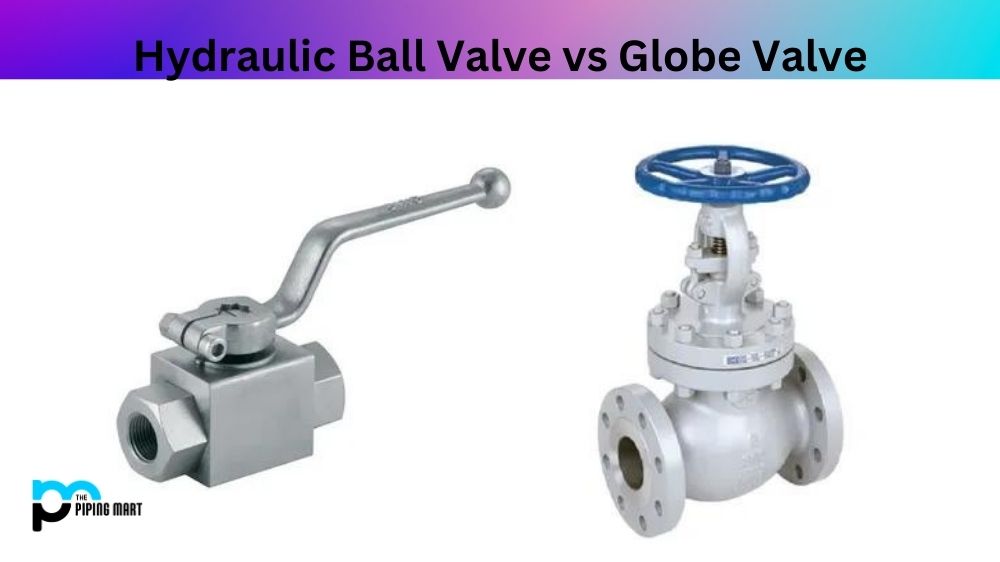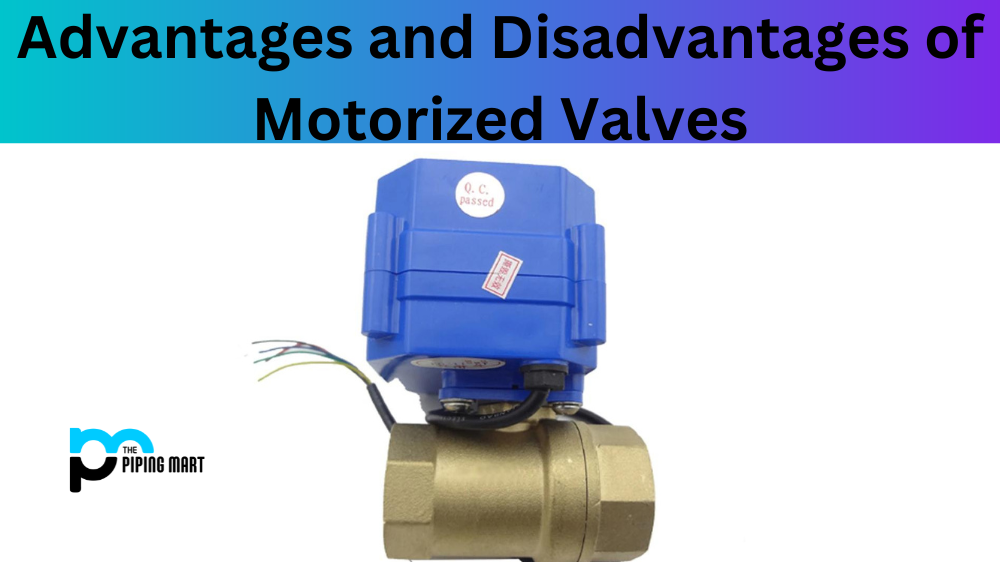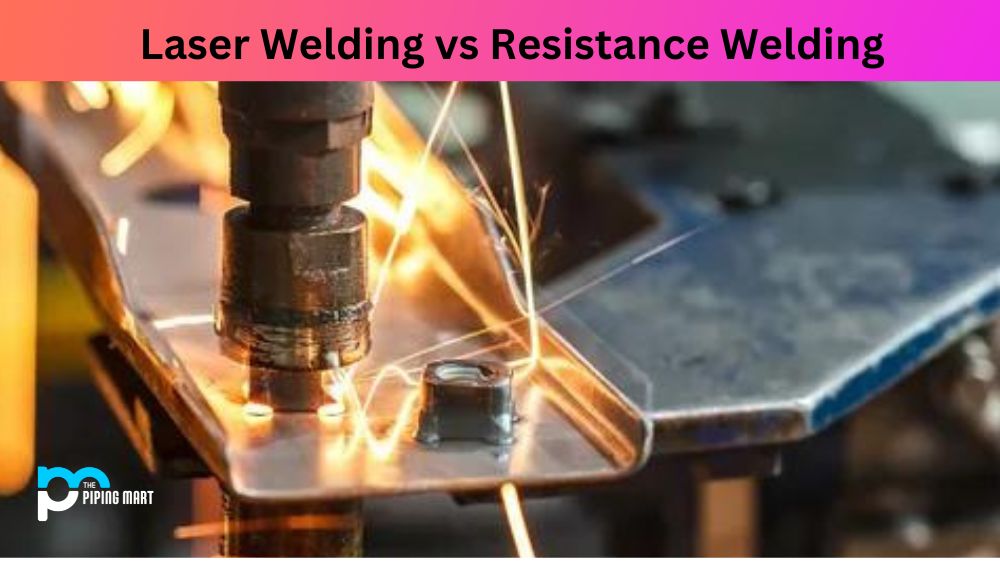Choosing the right valve is an important decision if you work with hydraulic systems. Two commonly used valves are the hydraulic ball valve and the globe valve. Although both are designed to regulate fluid flow in hydraulic systems, the two have significant differences. In this blog post, we will explore the differences between hydraulic ball valves and globe valves, helping you to make an informed decision when choosing the right valve for your hydraulic system.
What is Hydraulic Ball Valve?
A hydraulic ball valve is a type of shut-off valve that uses a combination of pressure and gravity to control the flow of liquids. It features a round, hollow ball encased in an outer steel body with ridges on the inside, which rotate as they move down. As the pressure rises, it moves up against the top of the bore, closing off any chances of liquid flowing through before finally dropping back down once it reaches 0 psi. This provides effective sealing for various fluids and materials within industrial applications.
What is Globe Valve?
A globe valve is a type of control valve used to regulate fluid flow rate and pressure in an industrial process system. It has a movable disk-type element with an attached stem and is constructed with screwed ends that permit adjustment and repair without removal from the pipeline. The main purpose of the globe valve is to either stop, regulate, or throttle the flow passing through it.
Difference Between Hydraulic Ball Valve and Globe Valve
Design and Functionality:
The first and most obvious difference between hydraulic ball and globe valves is their design and functionality. A ball valve features a spherical-shaped disc that rotates to control fluid flow through the valve. On the other hand, a globe valve features a disc that moves up and down (perpendicular to the flow) to regulate fluid flow. The spherical shape of the ball valve allows for quick and easy turn-on/turn-off for fluid flow, while the valve design of globe valves allows for more precise adjustment.
Pressure Drop:
Pressure drop is the loss of pressure as fluid flows through the valve. Hydraulic ball valves have a lower pressure drop compared to globe valves. This means that ball valves are better suited for situations where pressure drop is a concern. In contrast, the complicated flow path of a globe valve can lead to a higher pressure drop, which is why globe valves are better suited for controlling flow, not pressure regulation.
Flow Capacity:
Flow capacity refers to the fluid a valve can handle without impeding flow. Regarding flow capacity, hydraulic ball valves typically have a greater capacity than globe valves. The wider opening of the ball valve allows for a greater flow rate, making it an ideal choice for applications that require high flow rates.
Maintenance:
Maintenance is an important aspect to consider when choosing a valve. Hydraulic ball valves are low-maintenance and can last for years without repair work. The sphere-shaped design of the valve makes it less prone to leaks since the ball seals well. Globe valves, on the other hand, need regularly scheduled maintenance due to their complex internal structure and require frequent cleaning and servicing to prevent leaks.
Cost:
Finally, we come to cost. The cost of a hydraulic ball valve is typically lower than that of a globe valve. This is mainly because the ball valve design is simpler and easier to manufacture compared to the complicated design of the globe valve. However, as we have mentioned earlier, there are some situations where globe valves are better suited.
Conclusion:
In conclusion, it is important to consider all the differences between hydraulic ball valves and globe valves to ensure you choose the right valve for your hydraulic system. Consider the pressure drop, flow capacity, maintenance needs, and cost of each type of valve before making any decision. Remember, if you are still trying to decide which type of valve is right for your hydraulic system, consult an expert who can provide personalized advice.

Abhishek is a seasoned blogger and industry expert, sharing his insights and knowledge on various topics. With his research, Abhishek offers valuable insights and tips for professionals and enthusiasts. Follow him for expert advice on the latest trends and developments in the metal industry.




